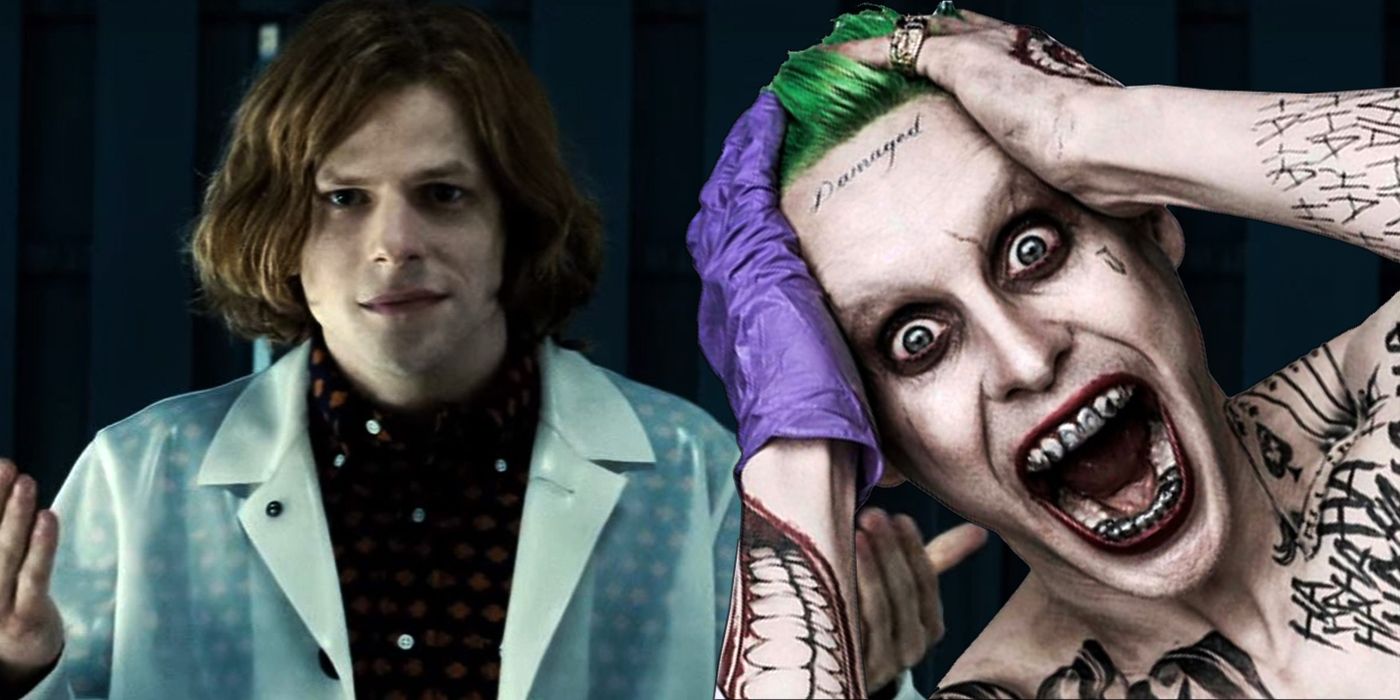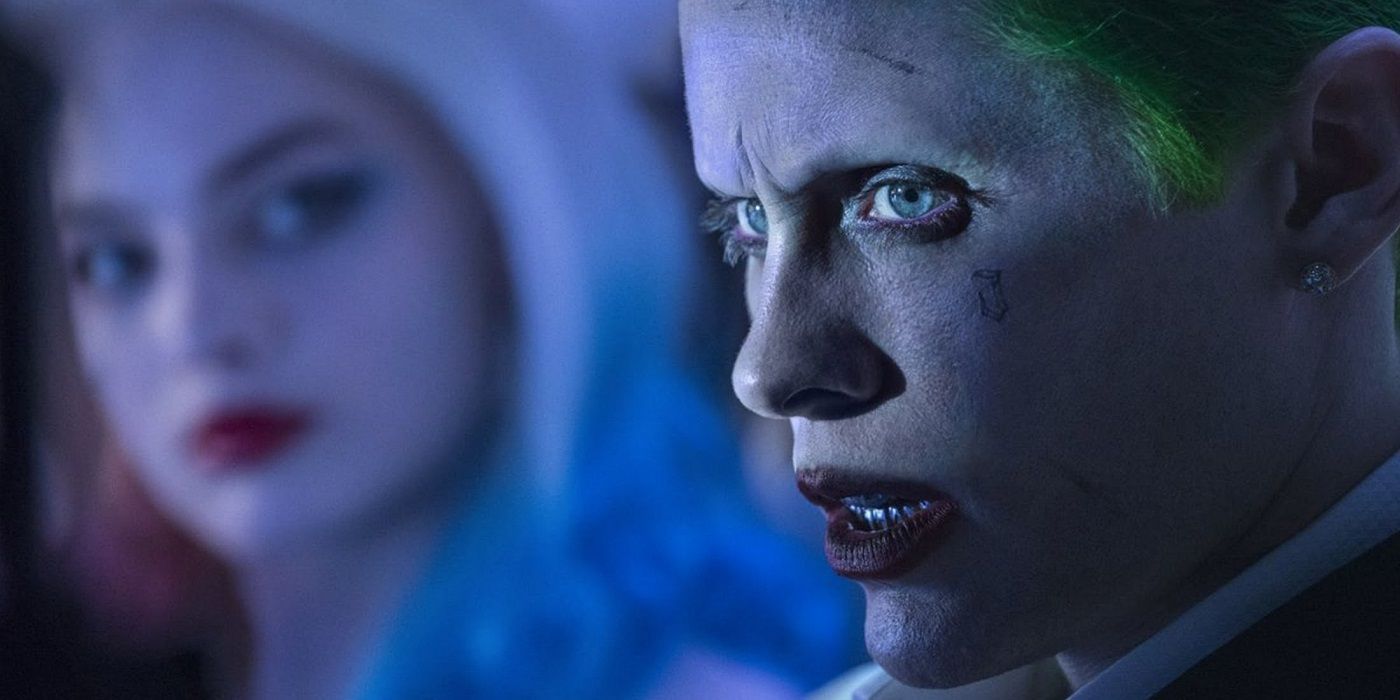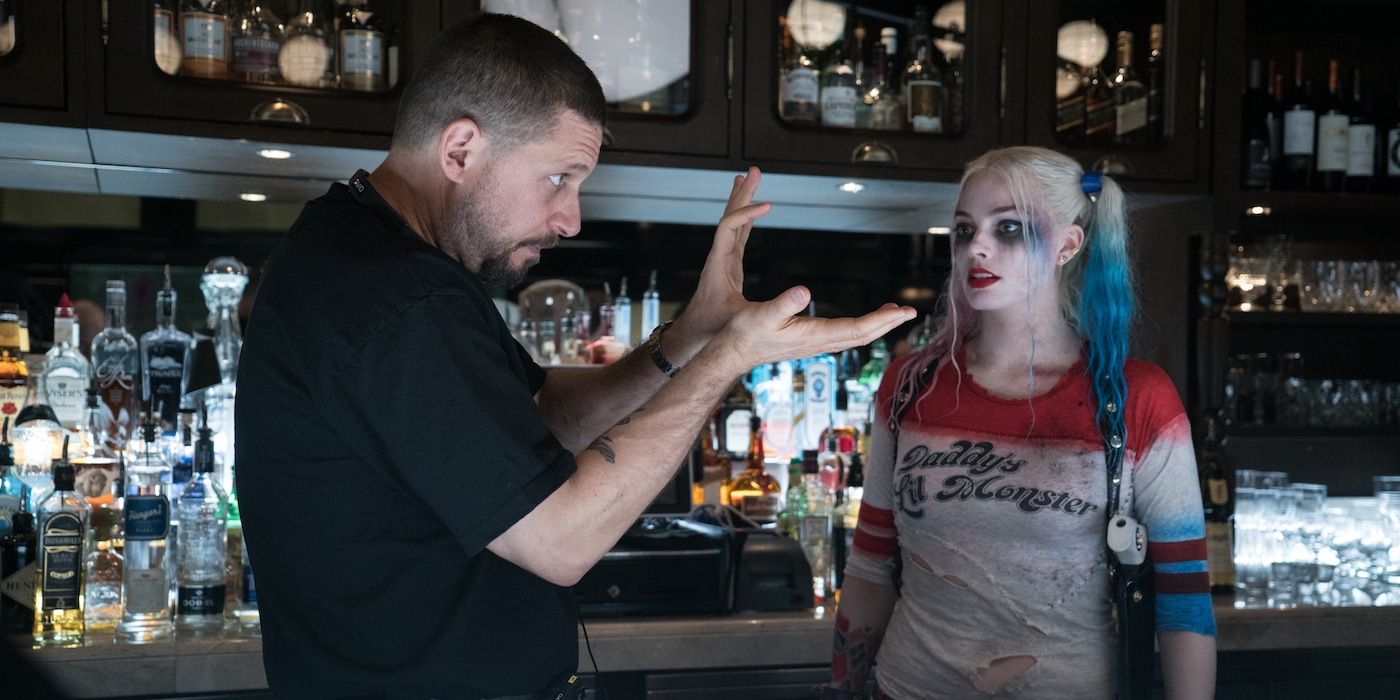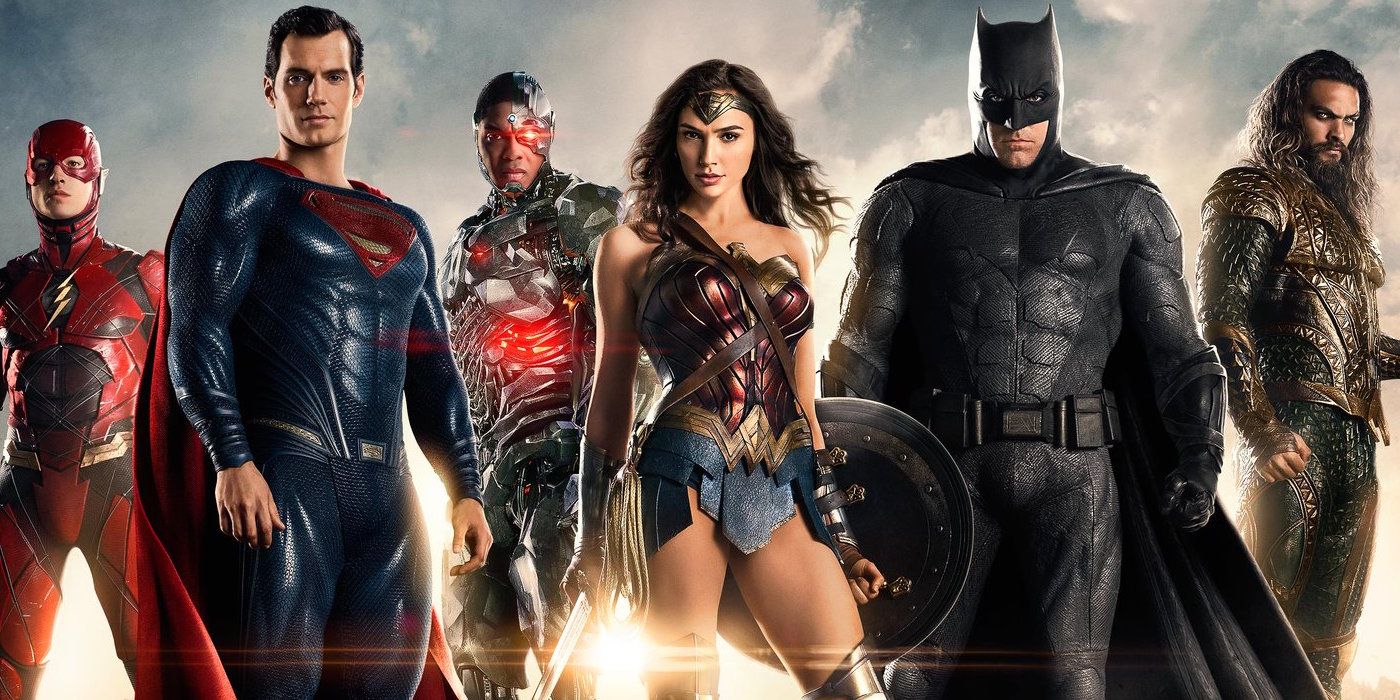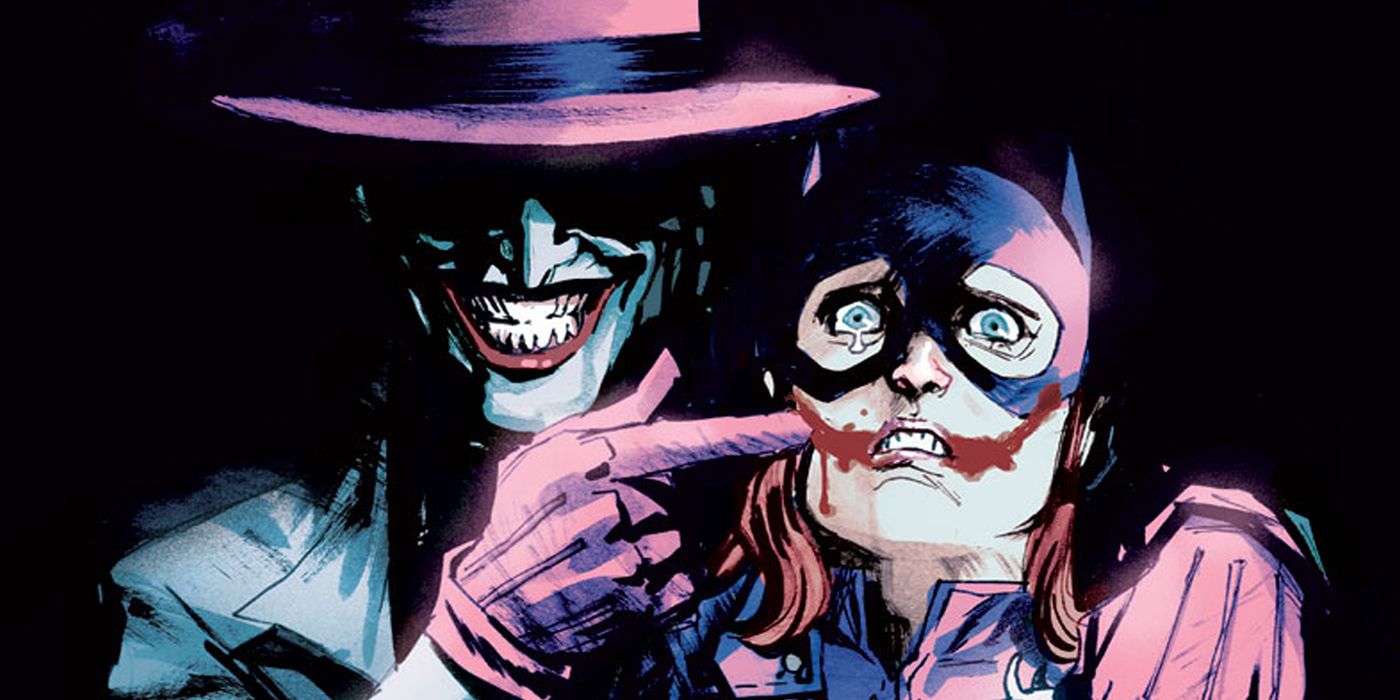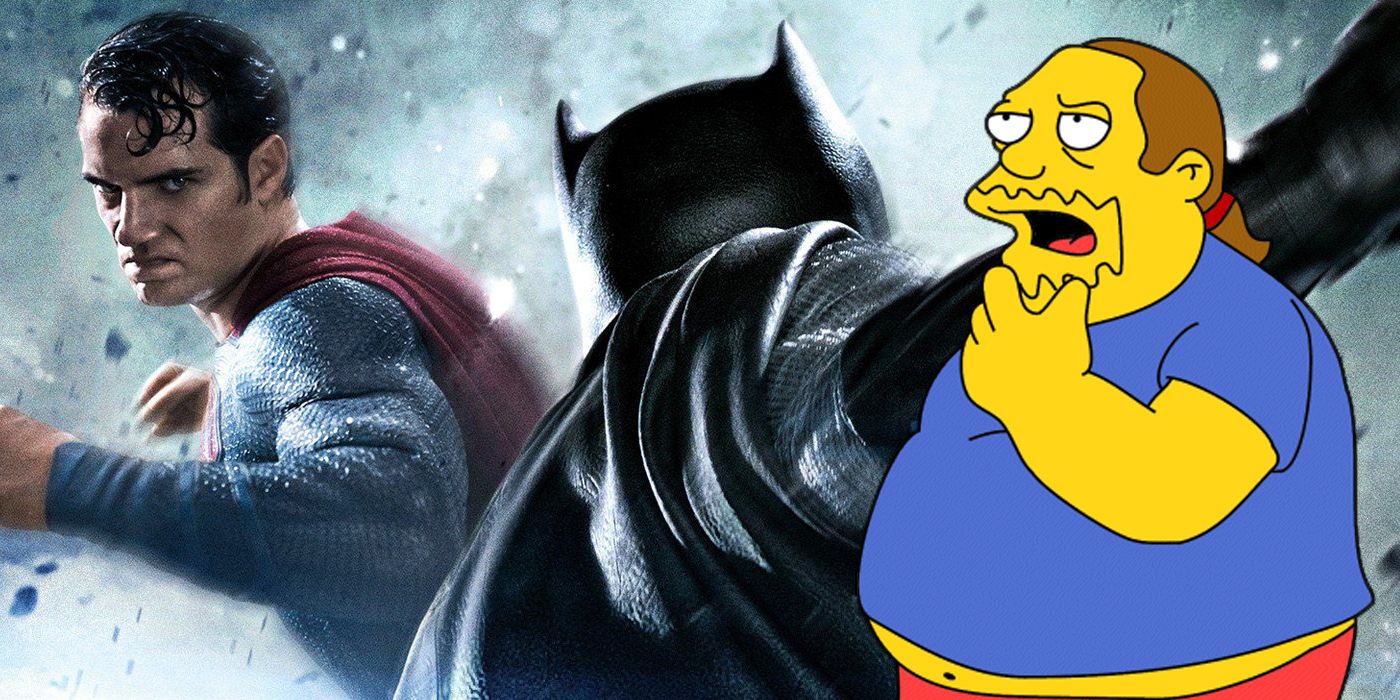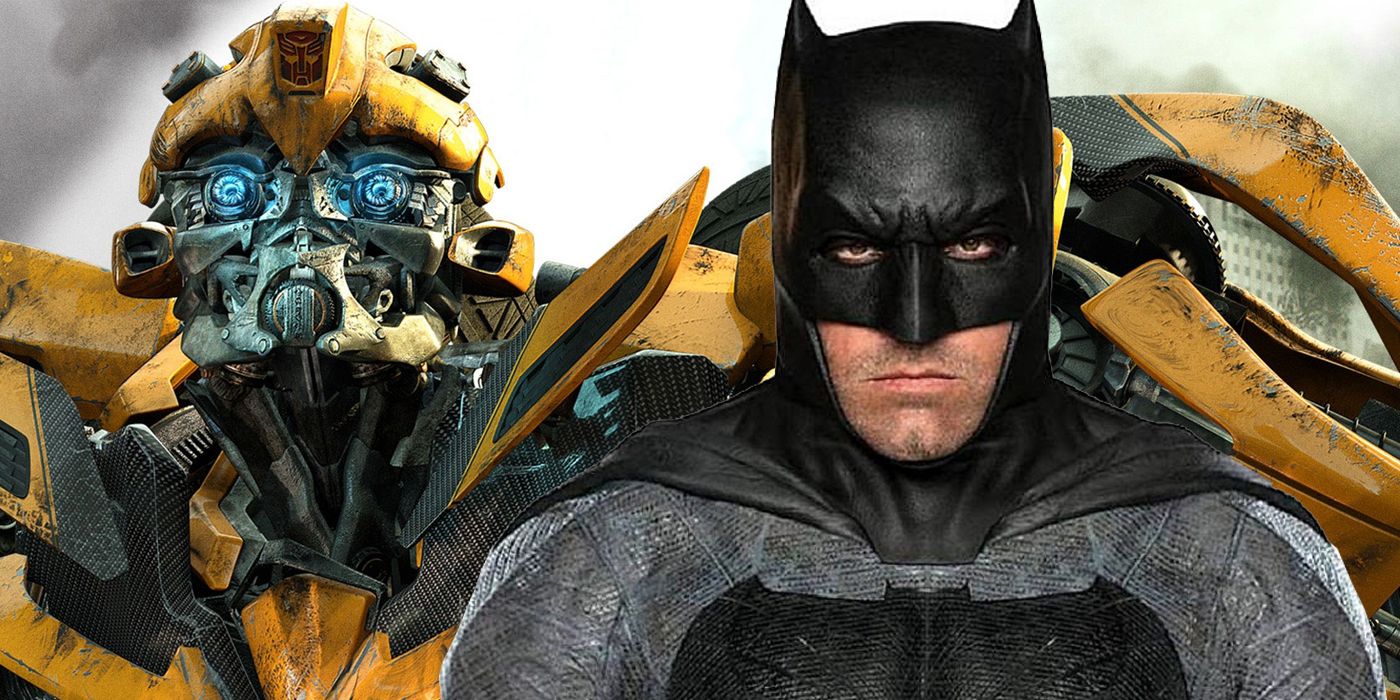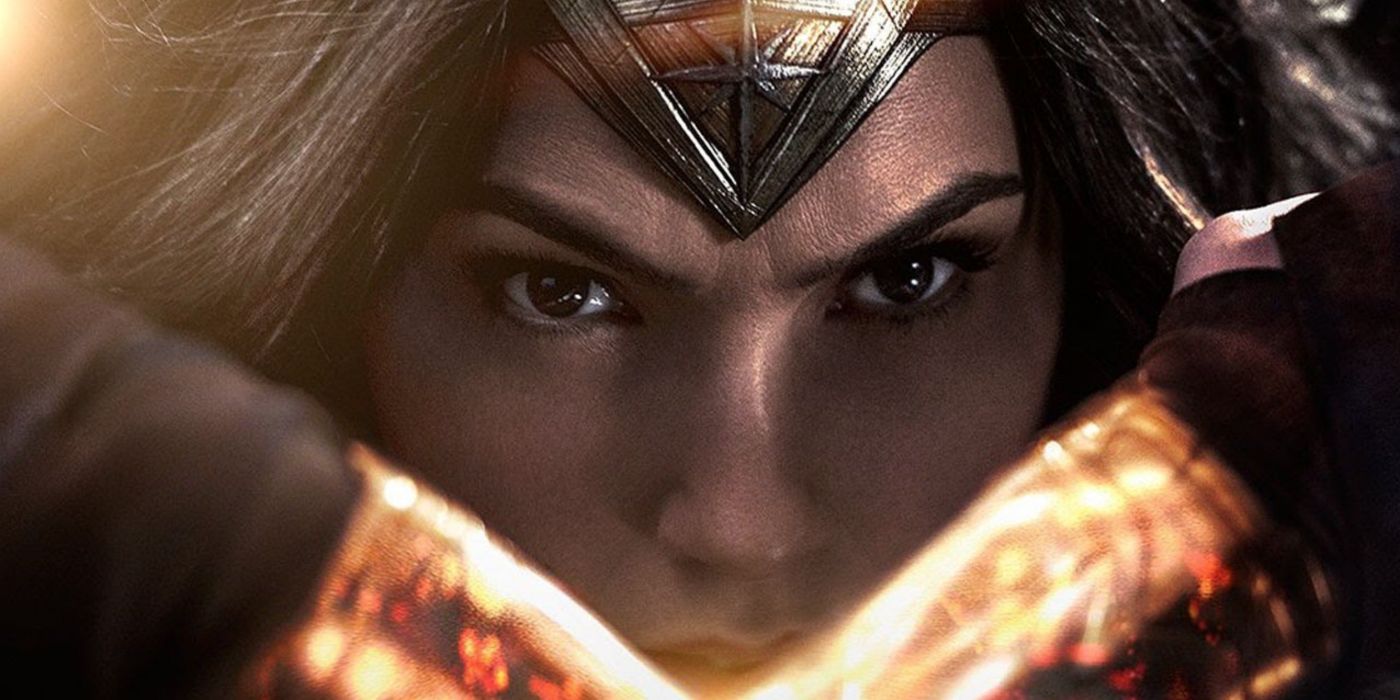Suicide Squad - the third film in the DC Extended Universe after Man of Steel and Batman V Superman: Dawn of Justice - has opened strongly at the U.S. box office, with big overnight screening numbers Thursday and a domestic opening weekend of $135 million. For most movie studios, that would be a big deal, and one can expect to see Warner Bros. Pictures celebrating this fact, likely with a big portion of the accolades going to Harley Quinn actor Margot Robbie, whose film-star bonafides have now "opened" two big releases for the studio - Suicide Squad and July's The Legend of Tarzan - despite mixed-to-negative reviews.
Those Suicide Squad reviews - currently hovering at 26% on Rotten Tomatoes - will no doubt have WB executives worried in private, public appearances aside. The studio has other concerns about the film right now too - see the reports that Suicide Squad probably won't be released in China (an increasingly important market). However, the long-term commercial viability of the DCEU brand may be the biggest concern for WB executives right now.
As mentioned, the DCEU - a slate of DC Comics-based movies that WB has partially staked its film business on for the next 5-10 years - includes two films prior to Suicide Squad that behaved similarly upon release: big opening weekends, but a divisive response amongst critics and audiences alike (not simply a "fans vs. critics" divide) that gave rise to steep subsequent drop-offs in ticket sales and a final box office take that was significant, but not as high as desired (given how much was spent making and marketing these tentpoles).
Both Man of Steel and Batman V Superman were met with similar criticisms (too dark, too grim, not fun) and those reactions have prompted course-corrections for the DCEU already. The Man of Steel sequel evolved from being a Superman/Batman team-up into a full-blown Justice League prologue during development, and it was rumored that, prior to its release, Suicide Squad was reworked to become more "fun" - rumors that subsequent reports have partially corroborated. Should Suicide Squad continue to follow the same trajectory as its predecessors (big opening weekend followed by quick box office slide-down), then it's fair to say it will have failed to win over those who believe the DCEU is built on an unsound foundation, despite previous hopes that the film would help do just that.
In order for that to change, though, issues that the DCEU's biggest detractors have need to be addressed. Let's break it down.
DARKEST KNIGHT
The most common (and easiest both to make and to refute, depending on how you're inclined) criticism of the DC Extended Universe films is that they're "too dark." It's primarily a comparative critique, in as much as the slate's main competition is Disney's Marvel Cinematic Universe, a franchise that has handily established its own "house style" of colorful, largely upbeat, humor-inflected superhero romps aimed at the broadest possible audience as the reigning aesthetic of the era for the genre. The DCEU was launched in the wake of Christopher Nolan's Dark Knight trilogy - a series of films that committed to darkening the idea of superhero movies - so for that reason, it's less surprising that it has gone in that direction so far.
However, the Dark Knight films (despite the title) were "dark" more out of function than aesthetic preference. Nolan is no envelope-pusher when it comes to gore or titillation; his Batman conceit was to ground the characters are firmly in "realism" as possible - and in the real world, the actions of Batman and his supporting cast couldn't help but conjure a certain level of darkness. The DCEU films, by comparison, are dark by choice; fully embracing their subjects' pulp/cartoon origins (where characters have names like "Doomsday"), but also taking a philosophical approach that has been compared to angsty teenage nihilism and macho overcompensation by the DCEU's biggest critics.
There have been signs that this is changing though - and not just in terms of assurances from director Zack Snyder and his collaborators on the Justice League set. The 2016 San Diego Comic-Con preview for Justice League shows Batman attempting to recruit meta-humans to form the eponymous team, giving rise to scenes where Bruce Wayne pokes fun at Jason Momoa's Aquaman ("I hear you can talk to fish?") and crosses paths with a younger and decidedly cheerier superhero in Ezra Miller's Barry Allen/The Flash (see Barry asking "Can I keep this?" after Batman tosses one of his Bat-weapons at Barry's head). Justice League looks to retain the comparatively darker tint of previous DCEU films, but WB at least recognizes this film needs to be sold as a lighter affair than Batman V Superman.
LACK OF COMMITMENT
WB's commitment to being "different" with its superhero films isn't bad in theory; 2011's Green Lantern is the closest in tone to a Marvel movie of the studio's recent releases, and it's also the worst-reviewed. Where the DCEU seems to be running into trouble isn't that it's dark but that it's only dark: so many story points and characters are played with the same downbeat note - even the ones where it doesn't fit (arguably, Superman) - to the point where they actively undermine one another. That's how you wind up in the place where Suicide Squad, which was meant to the the "dark side" of the franchise (literal supervillains forced to be Government murder-flunkies), feels almost breezy and tame compared to a movie about Batman and Superman so "edgy" it necessitated an R-rated Blu-ray.
The history of the DC Extended Universe has largely been reactionary. It was willed into being by the confluence of the Marvel machine laying waste to the global box office and Warners' own decade-long "safety net" of the Harry Potter franchise coming to an end. Man of Steel shows auteurist flourishes around the margins, but at its base it's at once an attempt to stake out rival territory (by having the biggest, most apocalyptic stakes) and to repudiate past attempts (counterbalancing Superman Returns' more pacifist Superman with a highly destructive version of the character).
Since that didn't deliver exactly as expected, any plans to actually follow up on it were summarily scrapped in favor of a Batman V Superman team-up, whose extra-long production schedule seemed to mainly allow for this "course-correction" to itself correct course into a launching pad for rest of the "Universe;" complete with a Wonder Woman cameo that was seemingly meant to be a surprise at one point (before it was officially announced well ahead of time) and plenty of exposition teasing the spin-offs we might eventually get to see. The result of this was a narrative that a lot of people found hard to follow in a movie that even more people found hard to like, but rather than have that be taken that as a sign to try something different on the next one, it was the already in-production Suicide Squad that was (allegedly) made to suffer instead.
BEST LAID PLANS
As reported on the week of its release, Warner Bros. was suddenly so gun-shy about director David Ayer's original version of Suicide Squad that they asked marketing firm Trailer Park (who had cut a trailer for the film infused with bouncy action and classic rock a'la Guardians of the Galaxy that audiences loved but was not at all indicative of the actual film at that point) to create a different cut of the film to be tested against Ayer's in order to find the "compromise" version that's now staggered onto screens worldwide. If it indeed becomes the latest DCEU film to fail to sustain its opening (or if the negative reviews and word of mouth become "bigger" in the pop-culture narrative) what will the effect be then? Will Justice League endure more mid-shoot revisions? Will the just-wrapped Wonder Woman be called in for recuts?
Long-term planning is both the bane and the heart of projects like this, and since so far no one (in modernity, at least) has actually been able to make it fully "work" outside of Marvel, there isn't really a template for navigating what happens when key pieces of the puzzle come back from the factory in poor shape. Say what you will about Iron Man 2, Thor: The Dark World or even Avengers: Age of Ultron, but Marvel has yet to have a film land with the kind of negative impact that Batman V Superman did - meaning that even if the DCEU brain-trust were to start playing follow-the-leader with their (perceived) box office rival, there'd be nothing for them to follow.
This is the downside to the "shared universe," where it's much harder to simply pretend that a disliked plot detail or even entire sequel simply didn't happen (see: A Nightmare on Elm Street 2: Freddy's Revenge - or, rather, don't). Whereas Marvel's big gambit of setting yearly multi-film slates in motion with the promise that everything will eventually "pay off" in one way or another by the time everyone reconvenes for the next Avengers movie has paid big dividends, Warner Bros.' strategy of setting a vaguely-defined plan in motion and adjusting each successive film as they go has proven underwhelming so far. By the time the Justice League gets here, will anyone still be excited to greet them?
MATERIAL CONCERNS
Outside of Suicide Squad's Harley Quinn, who was created in 1992 for Batman: The Animated Series, and 1980s Teen Titans revival mainstay Cyborg; the majority of major characters currently populating or set to populate the DC Extended Universe have origins going back 75 years or more, to the very founding of DC Comics publishing. Superman was an adult hero by the time World War II rolled around. Wonder Woman had been active for 3 decades before she had her de-powered '60s "hippie" phase. The Joker was made Iran's ambassador to the U.N. by Aytollah Khomeini (no, really - look it up). These characters have been around for decades, and they've been conceived in dozens (hundreds?) of different ways; meaning that "drawing from the source" here has an almost absurdly broad definition.
In spite of this, Warner Bros has chosen to build the reigning aesthetic (and now long-term storylines) of the DC Extended Universe almost exclusively around a handful of books and "event" storylines published from the mid-80s to early 1990s. Most notably, Batman V Superman is effectively a mash-up of plot points from Batman: The Dark Knight Returns and The Death of Superman; and if you're thinking that perhaps stories that alternately deconstruct their titular heroes, argue against their existence or attempt (unsuccessfully) to retool them into a now-dated idea of "cool" are an odd place to start with selling said heroes to a global audience, well... that's because you're not thinking like a Warner Bros. executive.
Because a Warner Bros. executive likely doesn't see an inappropriately dark (for a mass-market blockbuster franchise, at least) comic book storyline, or even a comic book storyline at all. What you see, if you're doing what is in most other instances the correct version of your job, is that those titles (see also: The Long Halloween, Watchmen, Blackest Night, the various Crisis collections) are consistently among the best-selling products in the "graphic novel" genre - a.k.a. one of the only places where traditional "Big Two" comics publishing actually still turns a profit on its own. So, on paper, this all sounds like a smart decision.
When people say that the people running the Marvel Cinematic Universe (yes, it'd be nice if there was another go-to "correct" example, but there isn't) "get" the material in a way other productions don't, it's not about how many people in the writers room can ace an Official Handbook trivia test. It's about how many people making the plans have experience actively growing and developing these properties for public consumption - and so far, the DCEU decision makers are clearly focused on the big sales spikes of comics' dark phase to the exclusion of less visibly-profitable but more long-term impactful developments, like the decades-long popularity of the DC Animated Universe or the early-2000s nostalgia-fest between Infinite Crisis and 52.
FANDOM MENACE
While the DCEU movies are far from universally beloved, they have fans and those fans come from all walks of life. However, it's hard to look at the films as presented and not conclude that there's a target audience (or "demographic type") whose wants were most in mind when setting things up: 30-40 year old male comics readers, i.e. grown "fanboys" of the right age for the aforementioned "dark age" books like Dark Knight Returns to have been formative superhero experiences.
To be clear, Warners' main focus audience-wise is on teenage boys, because that's the main focus of almost every "big" movie while the teen boy demographic is still perceived to spend the most disposable income on entertainment (this is increasingly untrue, but that's another column). But make no mistake, this studio in particular knows that what some might call the "Kevin Smith" demographic are the fans who can be counted on to pack theaters sight unseen opening weekend, go back for seconds if they even only kind of liked it, buy multiple Ultimate Editions on DVD and spend frankly obscene amounts of money on collectible merchandise.
But while that kind of focus will always win you a certain amount of praise from the Jeff Albertson set (Google it) - whom Warner Bros lives in fear of, blaming them for driving down the hype for Batman & Robin and scuttling J.J. Abrams and McG's Superman: Flyby - it's can also alienate the wider audiences that other superhero franchises have mined for both box office success and long-term pop-culture edification: Say what you will about the original X-Men movies, they seemed to come along right when a generation of LGBTQ youth needed them; while a side-by-side comparison of Ben Affleck's Bat Cave workout routine (does he only have that one tire?) and almost any shot of Chris's Evans, Hemsworth or Pratt pouting-while-flexing in the Marvel features is practically a visual essay in sexualization of the male body aimed at (heterosexual) men versus a "female gaze" approach.
Granted, there's nothing "wrong" with only selling to one audience. But when doing so seems tied so directly to why your movies aren't fully connecting (and why your box office has a "ceiling"), isn't it worth at least trying something different?
UNTRANSFORMED
Sure, every studio in the superhero-era would prefer to be in Marvel's shoes: A bullet-proof brand name that consistently draws positive reviews and so beloved (and, importantly, trusted) by audiences that even the barest semblance of attention being paid to any audience community is met with rapturous fervor (check out social media's reactions to just the "idea" of Black Panther and Captain Marvel.) But not everyone can, and there's at least one modern blockbuster franchise whose success model suggests that Warner Bros doesn't need to change anything - depending on how you define "success."
Paramount's live-action Transformers films are widely perceived to be the most critically-maligned blockbuster franchise of the modern age. Critics treat each new installment like a birthday pinata, departing actors disown them (or call the director Hitler), their director doesn't even seem to enjoy them half the time, they're every would-be comedian's ultimate go-to punchline for bad 21st century filmmaking - and even the most devout Transformers fans tend to derride them in favor of the various cartoon, comic and toy incarnations of the property.
Yet each release has been not just a "hit" but a global juggernaut, with two of the four (soon to be five) installments crossing the $1 billion mark and the others not far behind. It's a series of films that almost no one seems to "like" (at least not without a Cybertronian ton of ironic detachment) but almost everyone still seems to keep buying tickets to see them. And while moves like attempting to rework Suicide Squad into another Guardians of the Galaxy mid-production suggest that at least someone in charge of the DCEU cares about matching Marvel's cultural cache, Transformers provides a compelling (financial) argument that endless bad reviews and (potentially) decades of fan disappointment is a worthwhile price to still earn millions in ticket sales (even Dawn of Justice was only a "failure" in not hitting Marvel's increasingly-regular billion mark) and who knows how much in merchandising.
That's about the worst case scenario for DC fans - and to be fair, Transformers might not be the best comparison since, unlike the DC vs Marvel situation, there's no rival studio putting out a higher caliber of transforming robot movies.
CONCLUSION
What is clear at this point is that the DC Extended Universe is far from being "universally beloved." Something has to change in that respect or it could be Warner Bros and its plans for a DCEU that continues thriving until 2020 (or, for that matter, by the time Justice League arrives next year) that will begin to look imperiled.
With Suicide Squad now (as of this writing) on track for similar "big open, quick drop-off" performance to Batman V Superman, the future of the franchise and its studio now rests on Wonder Woman: A movie led by a character who has never had her own solo film, starring an actor who has never headlined a film - and a director (one whose last attempt to make a superhero film didn't pan out) who has a stronger critical reputation than either Zack Snyder or David Ayer, but is a smaller name by comparison. Will Wonder Woman be the DCEU's "savior"? That's anyone's guess at the moment, but with movies such as a James Wan-directed Aquaman and a Rick Famuyiwa-helmed The Flash waiting in the wings, one can only hope that it is.
-
Suicide Squad is in theaters now. Wonder Woman opens on June 2, 2017; Justice League on November 17, 2017; Aquaman on July 27, 2018; an untitled DC Film on October 5, 2018; Shazam on April 5, 2019; Justice League 2 on June 14, 2019; an untitled DC film on November 1, 2019; Cyborg on April 3, 2020; and Green Lantern Corps on July 24, 2020. The Flash, the Batman solo movie and Man of Steel 2 are currently without release dates.

